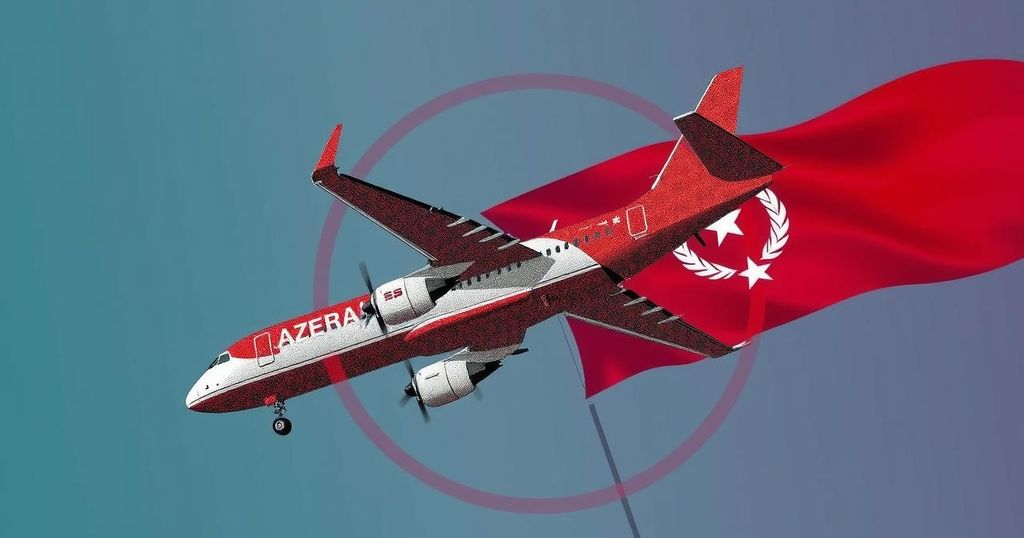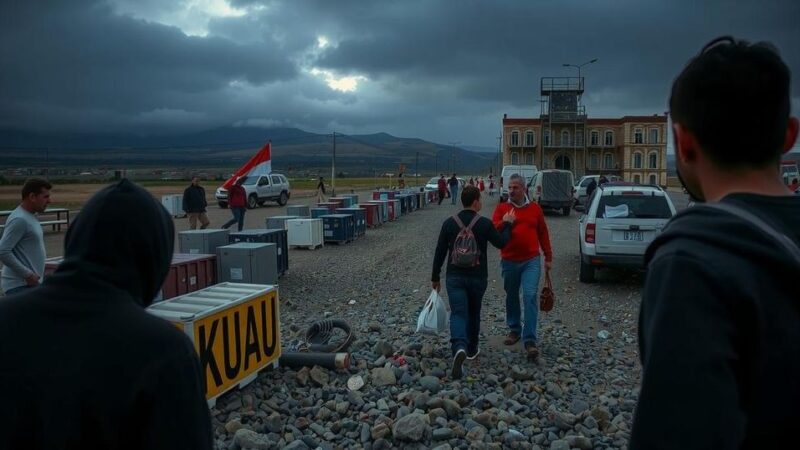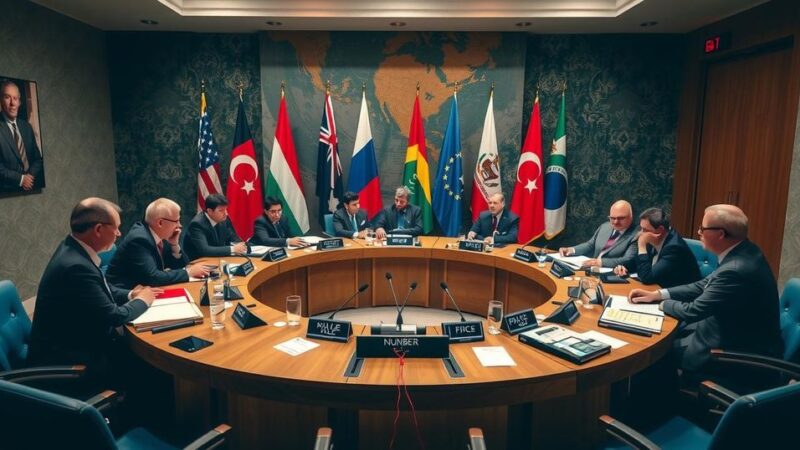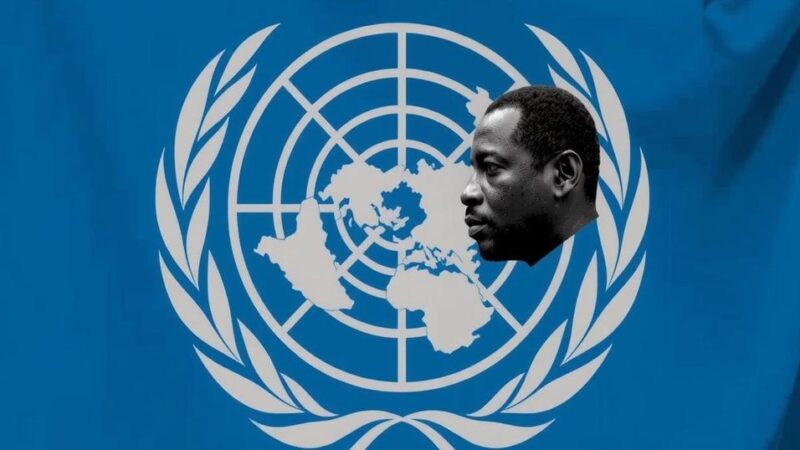Israeli President Isaac Herzog canceled his upcoming trip to Azerbaijan after reports indicated Turkey barred Israeli aircraft from its airspace. Initially thought to be due to security issues related to Iran, the cancellation was clarified by Azerbaijani officials. Herzog was to attend the COP29 climate conference, highlighting the strong ties between Israel and Azerbaijan, which encompass various aspects beyond security.
Israeli President Isaac Herzog’s planned visit to Azerbaijan was abruptly canceled due to Turkey’s decision to prevent Israeli aircraft from utilizing its airspace. Initially, reports indicated that security concerns related to the geographical proximity of Azerbaijan to Iran were the primary reason for the cancellation. However, Caliber, an Azerbaijani news source, cited a high-ranking official from the Azerbaijani Foreign Affairs Ministry, clarifying that airspace restrictions imposed by Turkey were the official cause of the canceled trip. President Herzog was expected to attend the COP29 climate conference in Azerbaijan on November 20, alongside other global leaders. Prior to the cancellation, he had hosted a reception for the Israeli delegation preparing to attend the annual United Nations Conference on Climate Change. During this reception, he expressed pride in Israel’s proactive stance on climate change. In May 2022, Herzog praised the multifaceted relationship between Israel and Azerbaijan, highlighting areas such as trade and energy, beyond security issues related to Iran. This diplomatic rapport was further strengthened when Azerbaijan opened an embassy in Israel in March 2023, marking a significant milestone as the first Shia Muslim country to do so.
The relationship between Israel and Azerbaijan has been notably robust due to shared interests in regional stability, trade, and energy, as well as mutual security concerns regarding Iran. President Herzog’s previous visit to Baku underscored the depth of this bilateral relationship and the significance of cooperative initiatives in various sectors, including climate change efforts. The recent news of Turkey’s airspace ban indicates ongoing geopolitical tensions that can impact diplomatic engagements, especially as countries navigate their relations amidst regional conflicts.
In summary, President Herzog’s canceled trip to Azerbaijan reflects the complexities of international relations and the influence of geopolitical factors. The initial justification based on security concerns shifted to airspace restrictions enforced by Turkey, illustrating the intricate dynamics at play. The ongoing collaboration between Israel and Azerbaijan remains significant, despite this setback, particularly in the context of climate change and regional security.
Original Source: www.jpost.com






